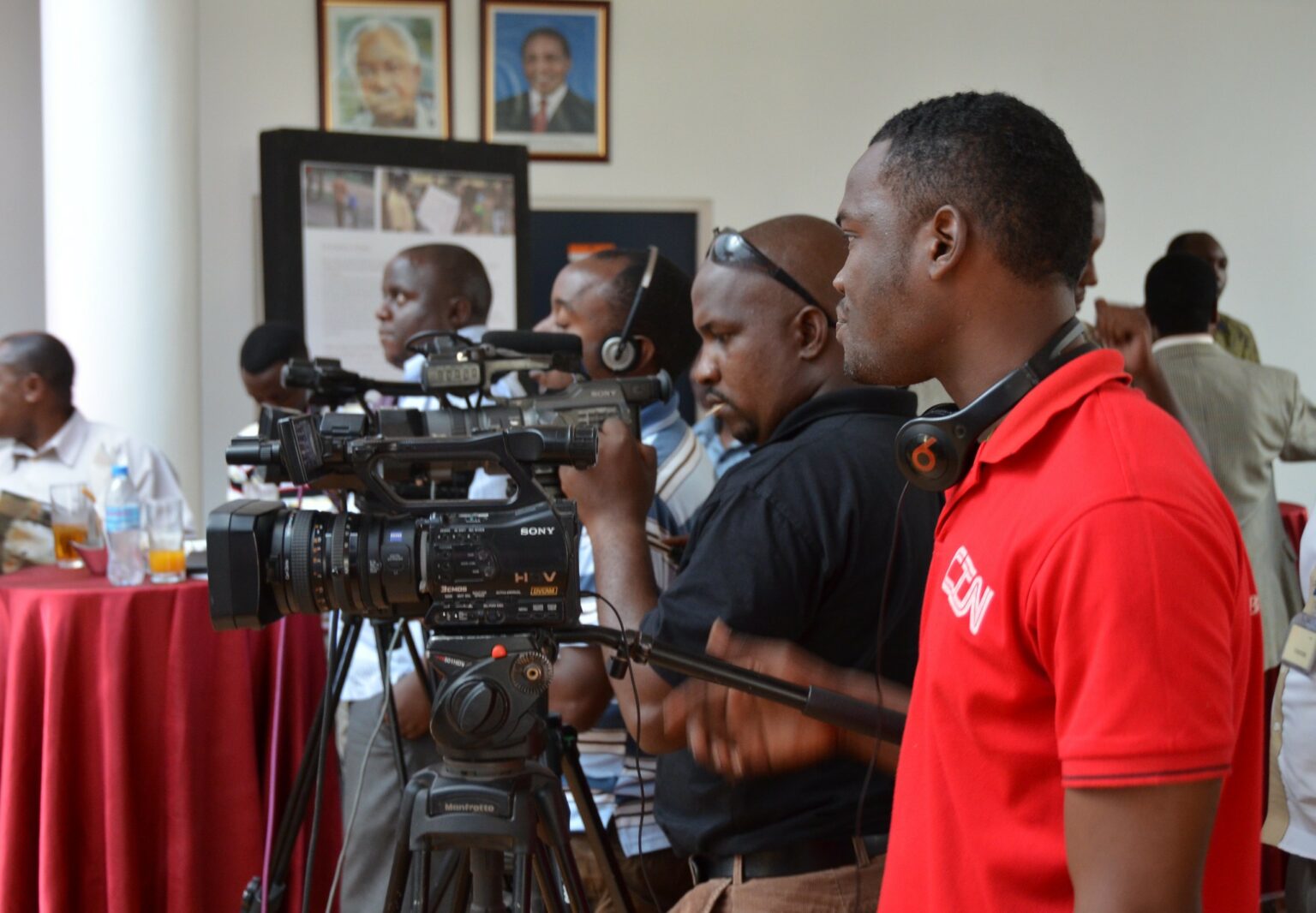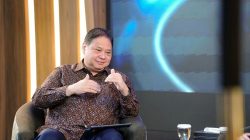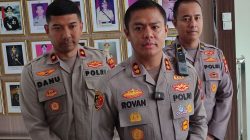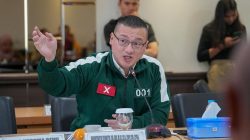The fraycollege of Communications has tasked African journalists and health experts to collaborate more intentionally, embrace innovation, and reshape the continent’s health communication through ethical, impactful storytelling.
This was the central message as the institution concluded a three-day in-person conference in Johannesburg, South Africa, as part of its 2025 Africa Health Communications Fellowship for 30 fellows comprising journalists and health experts from Nigeria, Ethiopia, Kenya, Malawi, Zambia, and South Africa.
The AHCF aims to bridge the gap between journalists and researchers, fostering collaboration for improved communication on health issues across the continent.
According to fraycollege, the fellowship is just the beginning of a broader movement to strengthen health systems through better public awareness and advocacy.
The Director of fraycollege and Founder of frayintermedia, Paula Fray, on Saturday said, “Across Africa, health systems are really fragile, and a lot of our systemic health issues are things that can be dealt with by people just understanding how to take care of themselves, how to prevent diseases but also, if people understand health issues, they can also demand more of their government. And we really saw a disconnect between journalists’ ability to be able to write impactful health stories, and very often the people who had the expertise, ability to communicate with health journalists.
“So, the idea is to bring together these two groups of people, but also to give both groups the kinds of skills that can make them better journalists, better health communicators, so that collectively and collaboratively, they can actually improve health reporting on the continent and hold their government to account, to be able to make demands for better health outputs across Africa.
“Now that we’re at the end of this process, our hope now is that people will go back to their countries, and implement what they’ve learned, and take all of these things and begin to use them to produce health outcomes with impact.”
She noted that the fellowship aims to equip the journalists and health care professionals with skills to create meaningful, localized narratives, and over time, build a wider movement of skilled health communicators across Africa.
“The hope is that fellows will become catalysts of change within their home countries, inspiring peers through high-quality health journalism. Their work should not only influence audiences, but also spark curiosity and ambition among other journalists who see the results and want to join the effort,” she added.
The Chief Executive Officer of fraycollege, Mamaponya Motsai, said there is a need for ethical and decolonized storytelling by highlighting Africa’s success and innovation in health, rather than framing stories around pity.
She urged fellows not to merely absorb information, but to act on it with new methods, messages, and social media platforms.
“The work that needs to be done in improving the quality of healthcare communication in Africa cannot be done in silos. So we all have to work together. The researchers, the journalists, the influencers, the government, the civil society organizations, we all have to come together.
“The collaboration is not just between the researchers and the journalists who are here, but I’m hoping that in terms of us thinking about collaboration, we’re thinking about collaborating with everybody.
“The other key thing would be really having ethical storytelling around health, decolonized storytelling around health. We can frame our health stories in a way that does not keep us seeing each other as a dark continent. There’s lots to be done, but there’s lots of people also working on these solutions, and it’s not hopeless, and we can start framing it as an opportunity,” she emphasized.
Notable speakers at the conference included the CEO of the Desmond Tutu Health Foundation, Prof. Linda-Gail Bekker, who spoke about leading evidence-driven public health change in Africa; Lerato Mogoatlhe of Africa No Filter; Phillile Ntombela from Africa Check; veteran journalist and human rights advocate Mark Heywood; the CEO of frayintermedia, Des Latham; the Senior Director of Marketing and Communications at the Aurum Institute, Kanya Ndaki; and behavioural linguist Leigh Crymble, among others.
Provided by SyndiGate Media Inc. (
Syndigate.info
).







